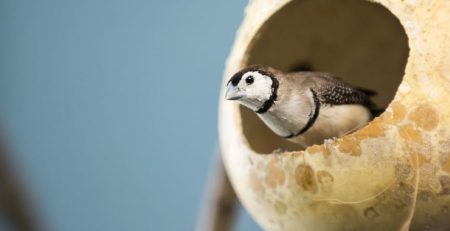Researchers Uncover Link Between Sex and Menopause
According to a new study from University College London (UCL), women who engage in sexual activity weekly or monthly have a lower risk of entering menopause early compared to those who report having sex less than monthly.
The research, published in Royal Society Open Science, examined data from the United States’ Study of Women’s Health Across the Nation (SWAN) – the largest, most diverse and representative longitudinal cohort study designed to examine the health of women during their middle years – showed that women who reported engaging in sexual activity weekly were 28% less likely to have experienced menopause at any given age than women who engaged in sexual activity less than monthly. (For the sake of this study, sexual activity included sexual intercourse, oral sex, sexual touching and caressing or self-stimulation.)
Researchers collected data from 2,936 women who were recruited as the baseline cohort for the SWAN study in 1996/1997. The mean age at the first interview was 45 years old. These women were asked to respond to several questions, primarily related to the frequency with which they engaged in sexual activity. Approximately 64% of women reported weekly sexual activity. Interviews continued over a ten-year period during which 1,324 (45%) of the original cohort experienced natural menopause at the average age of 52.
When examining the relationship between sexual frequency and age of natural menopause, researchers determined women of any age who had sex weekly were 28% less likely to experience menopause compared to those who had sex less than monthly. Likewise, those who had sex monthly were 19% less likely to experience menopause at any given age compared to those who had sex less than monthly.
“The findings of our study suggest that if a woman is not having sex, and there is no chance of pregnancy, then the body ‘chooses’ not to invest in ovulation, as it would be pointless,” the first author of this study, Ph.D. candidate Megan Arnot, said in a statement. “There may be a biological energetic trade-off between investing energy into ovulation and investing elsewhere, such as keeping active by looking after grandchildren.
“The idea that women cease fertility in order to invest more time in their family is known as the Grandmother Hypothesis, which predicts that the menopause originally evolved in humans to reduce reproductive conflict between different generations of females, and allow women to increase their inclusive fitness through investing in their grandchildren.”














